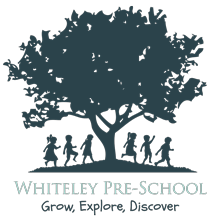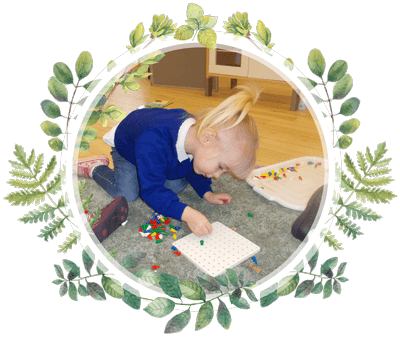
Meeting childrens’ needs
We understand how precious your child is to you and we feel privileged to be part of their journey through life. Our priority is always your child’s safety followed by their overall well-being. After this we focus on their educational needs. We understand that it is the little things like wiping noses, cleaning faces and sharing in your child’s joy when they do the first wee on the toilet, that are crucial parts of looking after your child.
We will remind your child to drink, help them to make friends and if they are having a day where everything is just too much, they can have a big cuddle and share a story. We believe children are young for such a short amount of time and they deserve the right to be safe, happy and to learn by playing.

Key Person
Your child will be allocated a key person before they start at the preschool. This will mean your child’s key person will be waiting to greet them and you on their first settling in session. The key person will make a special connection with your child and be the main adult who looks after their educational needs. The key person will liaise with you regularly and will ensure all your child’s needs are met.
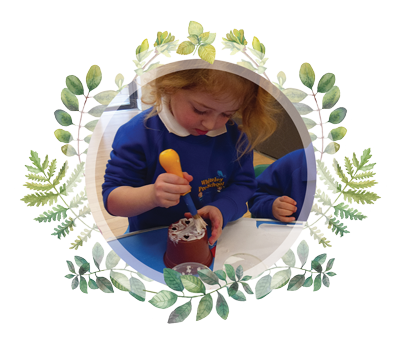
Tracking of development
Every term your child’s keyworker will assess where your child is in their development and make a judgement against the Early Years Foundation Stage Curriculum guidance. Your child will not be aware of this happening, your key worker uses observations and their knowledge of your child to assist them. Data is recorded and shared with the parents/carers, along with the child’s learning journey which is unique to them.
We work in partnership with parents/careers and ask for your input into your child’s development. Our aim is that children make good progress with their learning in order for them to be ready to start school.
Visual aids
Many children benefit from the use of visual aids. These include items such as time lines and Makaton. Each key worker area (our carpet areas) has a time line which has simple images of the routine of the day. For example, arriving, playing, story time, lunch time, home time. All the educators use Makaton to support the communication development of children.
All children can benefit from the use of Makaton but it can be particularly useful for children to whom English is not their first language. Makaton is like sign language, only you always say the word as you sign the word. We share our sign of the week with parents so you can join in at home.
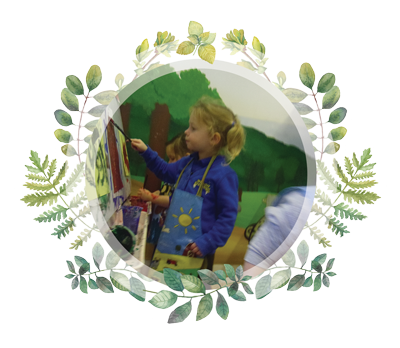
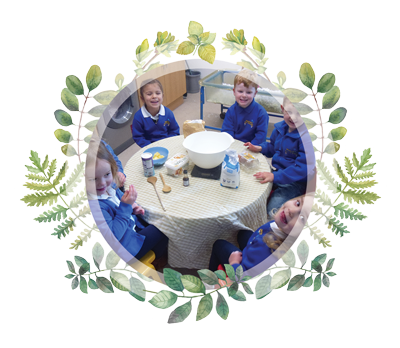
Extra support
Sometimes it might be noted that your child would benefit from some additional support. This is often the case with speech development. Our preschool has a Special Educational and Disabilities Co-ordinator (SENDCo) is very knowledgeable and runs a group called Little Talkers. Little Talkers is made up of a group of children (with prior parent consent) who might benefit from some extra support developing their speech. The groups run every session for roughly 10mins and are full of fun activities and games.
